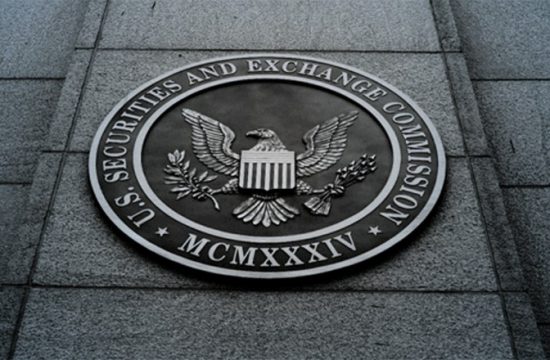Silvergate Capital Corporation, the parent company of crypto-friendly bank Silvergate, has filed for Chapter 11 bankruptcy in the U.S. Bankruptcy Court for the District of Delaware.
The bankruptcy petition lists the company’s assets at between $100 million and $500 million, with liabilities ranging from $10 million to $50 million. The filing also includes Silvergate’s affiliates, Silvergate Liquidation Corporation and Spring Valley Lots LLC.
The bankruptcy follows 18 months of turmoil for Silvergate, a once crypto-friendly bank that shut down operations amid liquidity issues. The company’s reorganization plan proposes fully paying certain debts, including administrative fees, taxes, secured loans, and professional fees.
However, claims related to common stock and securities lawsuits are set to be completely canceled. Preferred stockholders are expected to receive partial payments based on their shares.
Silvergate’s troubles began in March 2023 when the firm announced it would voluntarily liquidate its subsidiary, Silvergate Bank, citing challenges in the banking sector due to rising interest rates and the regulatory scrutiny following the collapse of the crypto exchange FTX in November 2022.
Silvergate Bank, known for its close connections to the crypto industry, saw its reputation and confidence among clients plummet after FTX’s failure. The U.S. Securities and Exchange Commission (SEC) filed a lawsuit against Silvergate Capital in July, alleging that the bank helped facilitate fraud at FTX.
However, the Federal Reserve Board dropped all charges against Silvergate later that month after the bank successfully wound down operations, reimbursed customers, and ceased to operate as a financial institution.
Now-defunct crypto-friendly Silvergate Bank agreed to pay $63 million to settle charges with the SEC, the Federal Reserve, and the California Department of Financial Protection and Innovation (DFPI).
The SEC, alongside the Federal Reserve and DFPI, accused Silvergate of misleading investors and the public about the effectiveness of its Bank Secrecy Act/AML program. The SEC also charged Silvergate’s former executives, including former CEO Alan Lane and former COO Kathleen Fraher, who have agreed to settlements. Former CFO Antonio Martino has denied the charges.
Silvergate, Lane, and Fraher have agreed to settlements without admitting or denying the SEC’s allegations. They will pay penalties, and Lane and Fraher have accepted a five-year ban from serving as officers or directors of any public company. The penalties include $43 million from the Federal Reserve and $20 million from the California regulator. The SEC has imposed a $50 million fine, which is expected to be offset by payments to the banking regulators. These settlements are subject to court approval.
The SEC’s complaint highlighted that Silvergate failed to detect nearly $9 billion worth of suspicious transfers by its major customer, FTX.











